Political theory is a science that deals with politics. Long time ago it was called political philosophy, because (similarly to economics) it was done by philosophers. It separated from other social sciences quite late (in comparison to others). Today, political science divides into:
• political philosophy (political theory),
• comparative politics and
• international relations.
Political science has a long history, which starts from Plato and his “Republic” and “Laws”. One of the members of the Plato’s Academy was Aristotle, who is called a “father of political science”. While Plato and Aristotle were generalising about the Greek world, Polybius used their ideas in the context of Rome, explaining its growth by political institutions. They consisted of a mixture of different kinds of governments: monarchy, aristocracy, democracy. Later, Cicero developed a doctrine of ‘universal natural law’ that results from divine order of the cosmos. It had an important impact on Roman law, on Christian doctrine, and ultimately on the Enlightenment movement. There were many other thinkers and philosophers who contributed to political science. For instance:
• in the Middle Ages Saint Thomas Aquinas (the idea of power comes from God but states are the creation of people);
• during Renaissance Niccolò Machiavelli (“Politics has no relation to morals”);
• during Protestant Reformation Jean Bodin (he first used the term “political science” and contributed to the theory of sovereignty that was confirmed by the “Peace of Westphalia”);
• during the Enlightenment:
Thomas Hobbes (who created the theory of the social contract, according to which a strong central power was necessary to compromise the selfishness of individuals), » John Locke (who did not agree with Hobbes and Machiavelli and because all people are born with a mind as tabula rasa, it is natural that they seek not absolute rulers but peace and equality), » Montesquieu (who introduced the concept of separation of powers among a legislature, an executive, and a judiciary)3 , » David Hume (who did not concentrate on a form of government but underlined a rule of law and its fairness);
• Founding Fathers of the United States, who were main authors of the Federalist Papers that promoted the ratification of the U.S. Constitution: » James Madison (the fourth president of the United States, “Father of the Constitution” contributed the first ten amendments due to which he is called the “Father of the Bill of Rights” that were to protect the natural rights of liberty and property and to protect an individual from the tyranny of the majority); » Alexander Hamilton (created the first national bank of the U.S., influenced Bismarck’s administration, Meiji reforms in Japan);
• in the 19th century Germany, within Leninism, which significantly influenced politics in the 20th century: » Karl Marx (one of the architects of modern social science (with Émile Durkheim, and Max Weber), according to whom the class struggle will finally lead to the emergence of the new socioeconomic system called socialism, under which the power will be held not by bourgeoisie but by the proletariat, which will be replaced by communism, where there will not be any classes of society), » and his co-author of “The Communist Manifesto” and co-father of Marxist theory Friedrich Engels.
• the liberty principle, according to which citizens have basic liberties (to vote, run for office, liberty of speech and assembly, of conscience, of personal property, freedom from arbitrary arrest);
• the difference principle, when the benefits from social contracts should mostly be derived by the least-advantaged members of society. The book was widely commented (and criticised, e.g. by Robert Nozick4 ). Since then, interests with theory of politics significantly increased.
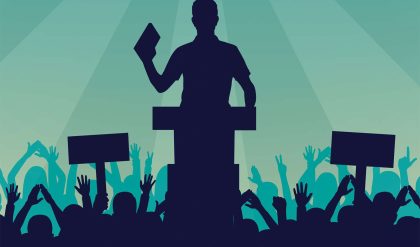
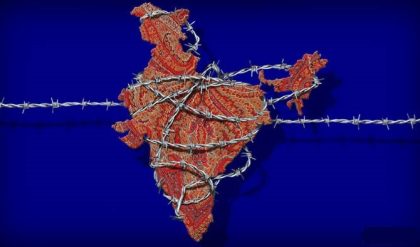
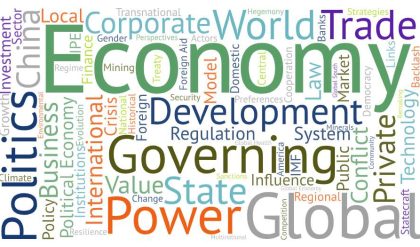
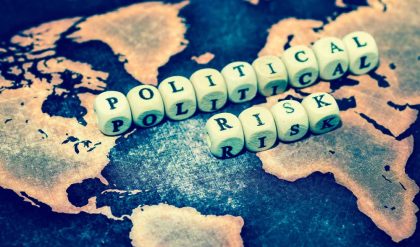
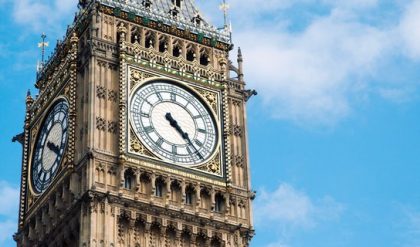
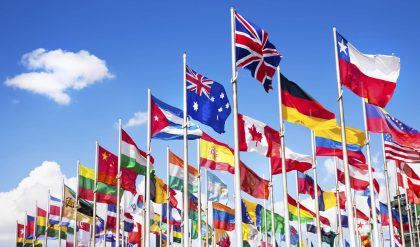
Comments are closed.